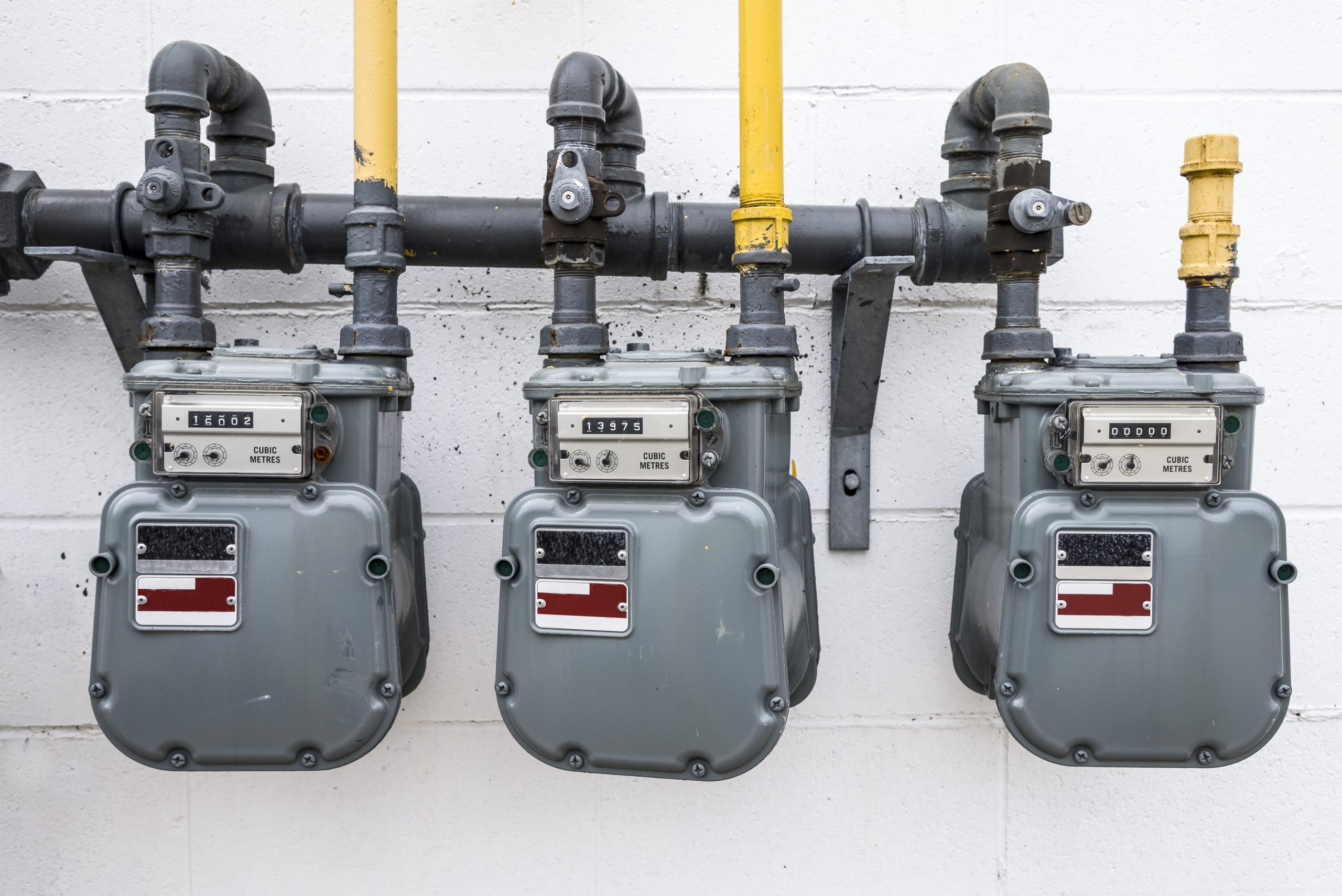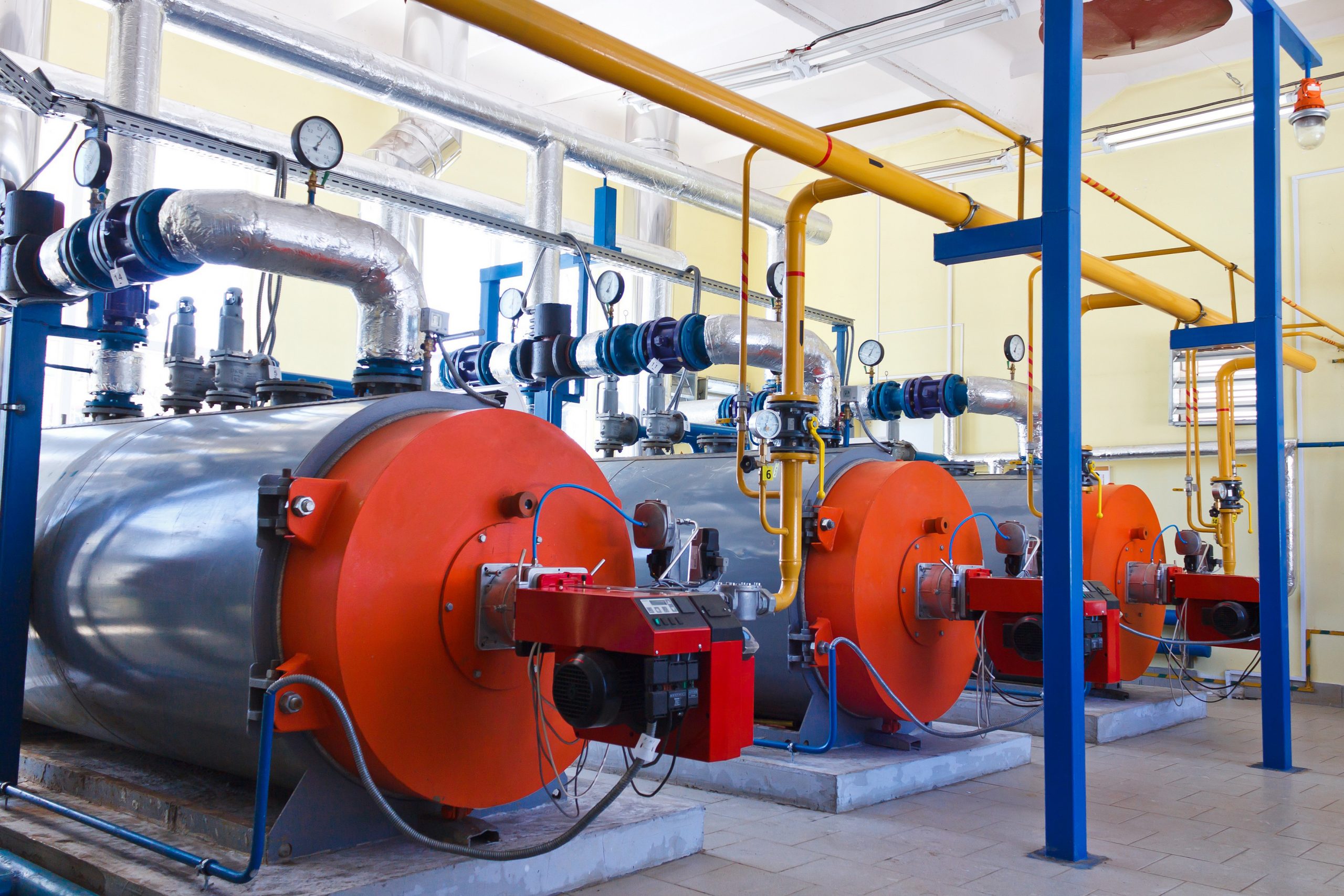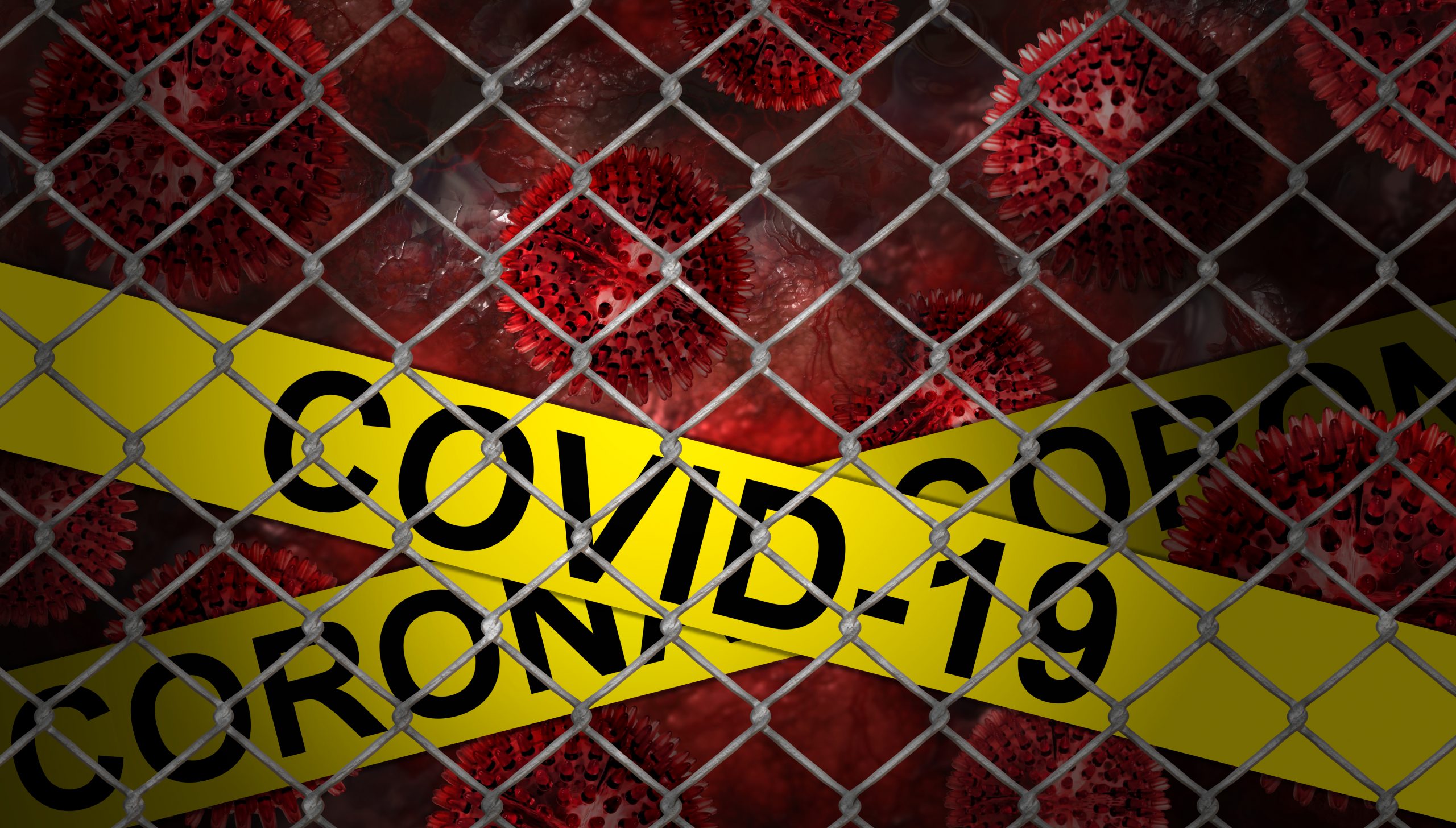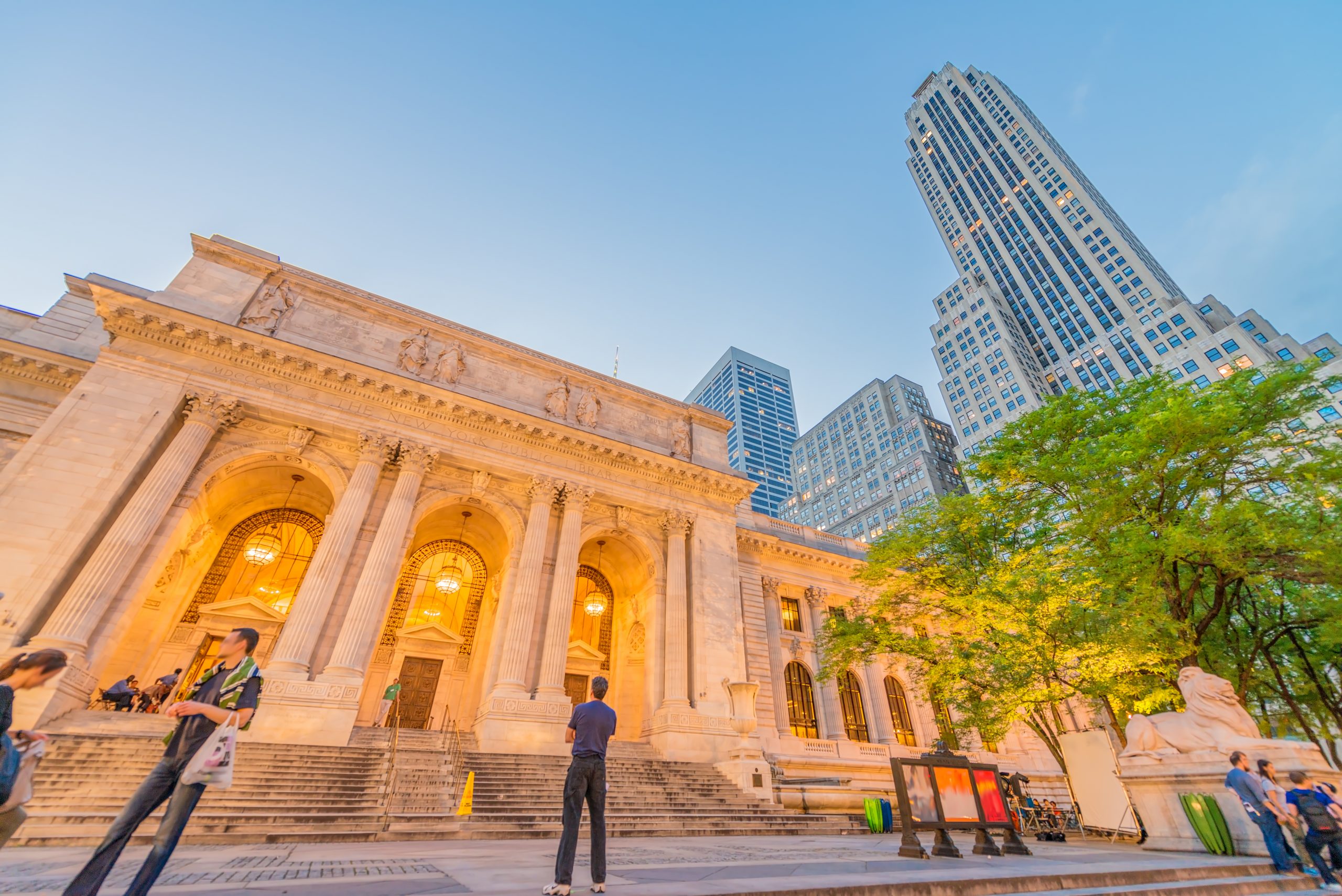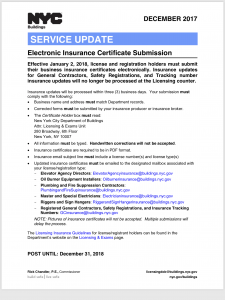Local Law 152 was introduced in 2016 for the regular inspection of gas piping systems in all buildings except those in an R-3 occupancy group. Buildings in all other occupancy groups that contain a gas piping system must have a licensed master plumber (LMP) or a non-licensed plumber under the supervision of a LMP. It is estimated that approximately 280,000 buildings are affected by regulation.
In affected buildings, gas piping systems must be inspected at least once every four years according to the schedule with is set out in RCNY 103-10. The inspection dates range from January 1st thru December 31st of each calendar year. Buildings to be inspected in each calendar year are determined by the community districts in which the buildings are located. December 31, 2020 is the last day that required buildings in community districts 1, 3, and 10 in all boroughs must be inspected.
The first due dates for the gas piping inspections are as follows:
- Community Districts 1, 3, and 10 in all boroughs: January 1, 2020 – December 31, 2020
- Community Districts 2, 5, 7, 13, and 18 in all boroughs: January 1, 2021 – December 31, 2021
- Community Districts 4, 6, 8, 9, and 16 in all boroughs: January 1, 2022 – December 31, 2022
- Community Districts 11, 12, 14, 15, and 17 in all boroughs: January 1, 2023 – December 31, 2023
For example, if you initially filed on February 1, 2020, you would have to file again by February 1, 2025. You would not be able to perform the inspection more than 60 days prior to February 1, 2025.
Local Law 152 requires that all exposed gas lines from point of entry of gas piping into a building, including building service meters, up to the individual tenant spaces are to be inspected. Buried piping does not require inspection, nor does piping concealed by suspended ceilings. Gas piping in Individual tenant spaces is exempt from testing.
Within 30 days of the inspection, the licensed master plumber (LMP) must provide to the building owner a Gas Piping System Periodic Inspection Report (GPS1).
Within 60 days of the inspection, the building owner must submit to the Department of Buildings (DOB), a Gas Piping System Periodic Inspection Certification (GPS2) signed and sealed by the LMP who conducted or supervised the inspection. GPS2 submission is to be completed by the Building Owner on the NYC Department of Buildings GPS2 submission portal. No filing fee is associated with the GPS2 submission.
Owners of buildings without a gas piping system need to file a GPS2 form completed by a registered design professional, ie, a a registered architected (RA) or professional engineer (PE) stating that your building does not contain a gas piping system. Owners of these buildings need to follow the same 4-year cycle detailed above for this certification.
If the inspections reveal any unsafe or hazardous conditions, the inspector is required to notify the building owner, the utility company providing gas service to the building, and the Department of Buildings. The building owner must take immediate action to correct these conditions as required by the NYC Building Code.
Owners who miss their designated cycle deadline will be hit with a $10,000 civil penalty.
Building owners and inspectors must maintain inspection records on file for a minimum of 10 years and make them available to the DOB upon request.

